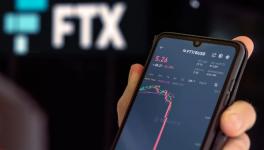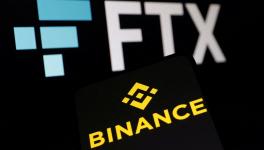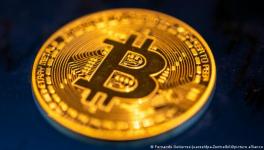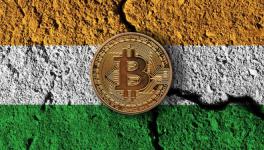Gibraltar United’s Cryptocurrency Plunge Too Rushed to Be a Football Revolution
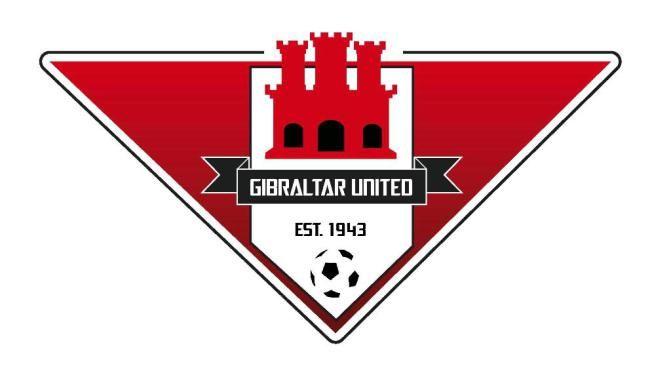
Gibraltar United FC have decided to pay all its players in cryptocurrency, possibly from the upcoming season (Pic: Wikipedia).
Cryptocurrency’s potential, volatility and speculative nature has polarized economic policy makers the world over, even as investors rake in huge profits. And where there is profit, there is football. Cryptocurrency is set to take a plunge into the beautiful game. It’s not exactly a grand entry as one would imagine, not at one of the Real Madrids or Manchester Uniteds of the footballing universe. It is making a nondescript, but globally talked about, entry in tiny Gibraltar. The country’s top division side, Gibraltar United FC, has decided to pay all its players in cryptocurrency, possibly from the upcoming season.
The reasons for this are simple at first glance. Gibraltar United owner Pablo Dana has invested in Quantocoin, who are in a sponsorship partnership with the club. With the owner heavily invested in a company trying to create an ecosystem for day-to-day use for cryptocurrency, taking the Blockchain route seems the logical option for Gibraltar United.
Cryptocurrency firms entering into sponsorship deals in football is nothing new -- Arsenal has one, for instance, and CashBet adverts a regular feature at the Emirates Stadium. But using crypto and blockchain technology to pay players is novel. Gibraltar’s financial sector, which has embraced blockchain (the permanent record of digital cryptocurrency transactions) technology while the government has introduced regulations for businesses using the platform, makes it easier for a football team to implement such a system.
Also Read | Racism Should Never Ever Be Accepted: Mesut Ozil’s Open Letter (Full Text)
The government of Gibraltar is also planning to introduce a regulatory framework for Initial Coin Offerings (ICOs). ICO’s are big and have been unregulated so far. According to a report in The Guardian, investment in ICOs touched $3.7 billion, and the value of Bitcoin, world’s most popular cryptocurrency, increased more than 900% in 2017. The potential, therefore is huge, and so are the risks. The world has seen big crashes as well, triggered by many factors -- bans on cryptocurrency advertising by social media platforms Facebook and Twitter banned saw a massive drop in value early this year.
While there are many fine complexities in cryptocurrency economics, the basic dynamic it works on is pretty simple -- the bigger the base of users of a particular currency, the higher its value. That explains how BItcoin’s value keeps rising even as many other cryptocurrencies fall.
That also explains the win-win situation Gibraltar United club owner Pablo Dana is going to be in when he shifts all the money deals with his players to Quantocoin. As the cryptocurrency’s user base and economic reach widens, its value increases, while the world starts talking about it as well.
Also Read | FIFA World Cup: Black or White? Les Bleus are French in Colour
In fact, today, even as we debate on the revolution in football that seems set to roll out from the Premier Division of Gibraltar, whose global footballing significance is not exactly premier, Quantocoin is getting some valuable eyeballs across the world. And, as crypto-economics go, eyeballs, visibility and brand recognition, unlike conventional businesses, has a very direct correlation to its value.
Dana and Gibraltar United have also overlooked another important aspect in football economics -- player transfers. So when a player, whose salary and other perks are paid in cryptocurrency, gets a potential buyer from another country, say a European club, on what platform would the deal be finalised. Maybe, they will take that call once the situation arises, and such a technicality shouldn’t come in the way of making a global, revolutionary, announcement right?
Of course, a few pros have been pointed out by Dana and Co, one of them being the nature of Blockchain (full transaction details and financial data are on record and accessible) and and how that could weed out corruption and shady deals that afflict football. Then there is the ease of paying foreign footballers, who have complications in setting up bank accounts for their salaries, in cryptocurrency. Taxes could also be avoided, apparently. Yes, saving taxes, a holy grail for footballers and club owners alike.
Also Read | What Indian Sports Stars Can Learn From Socrates
The benefits could be much more. But with a lack of global framework for cryptocurrencies, and many big economies still wary of letting it into established financial systems, Gibraltar United’s plunge defies logic on many counts. The plunge might end up leading the club as well as the players to a dead end in the unstable future of football economics.
In sharp contrast though, this announcement could help boosting the fortunes of Quantocoin and its investors, thanks to the kind of attention anything centred around football garners -- from Europe and South America to India, a non-entity in football, but a big market for the game.
Get the latest reports & analysis with people's perspective on Protests, movements & deep analytical videos, discussions of the current affairs in your Telegram app. Subscribe to NewsClick's Telegram channel & get Real-Time updates on stories, as they get published on our website.











